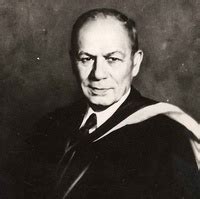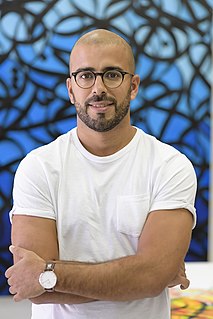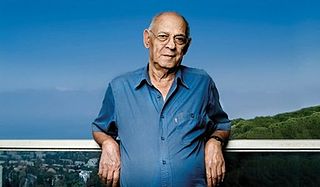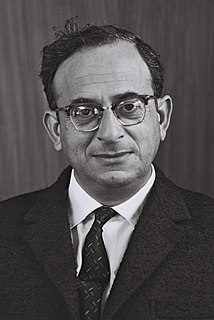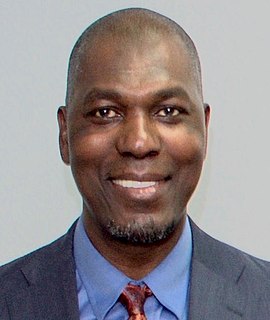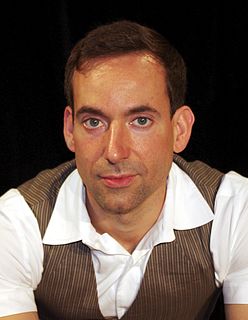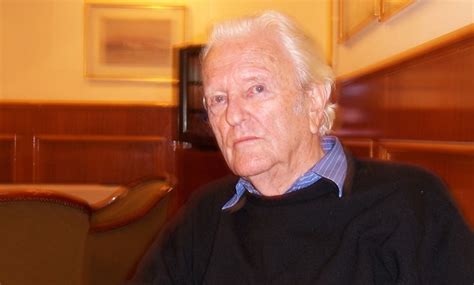A Quote by Philip Khuri Hitti
During all the first part of the Middle Ages, no other people made as important a contribution to human progress as did the Arabs, if we take this term to mean all those whose mother-tongue was Arabic, and not merely those living in the Arabian peninsula. For centuries, Arabic was the language of learning, culture and intellectual progress for the whole of the civilized world with the exception of the Far East. From the IXth to the XIIth century there were more philosophical, medical, historical, religiuos, astronomical and geographical works written in Arabic than in any other human tongue.
Quote Topics
Ages
Any
Arabian
Arabic
Arabs
Centuries
Century
Civilized
Contribution
Culture
Did
East
Exception
Far
Far East
First
Geographical
Historical
Human
Human Progress
Important
Intellectual
Language
Learning
Living
Made
Mean
Medical
Merely
Middle
Middle Age
Middle Ages
More
Mother
Other
Part
Peninsula
People
Philosophical
Progress
Take
Term
Than
Those
Tongue
Were
Whole
Whose
Works
World
Written
Related Quotes
All the children in the world, when they go to school, have the right to study in their mother tongue. But we go to school and run into literary Arabic as children. It sounds like a foreign language. The words for "house" or "table" or "lamp" are not the same as the words we use at home, and most of the other words are alien to children at school. Classical Arabic is one of the prisons of the Arab world.
I couldn't know about my culture, my history, without learning the language, so I started learning Arabic - reading, writing. I used to speak Arabic before that, but Tunisian Arabic dialect. Step by step, I discovered calligraphy. I painted before and I just brought the calligraphy into my artwork. That's how everything started. The funny thing is the fact that going back to my roots made me feel French.
We [ with Russel Crowe] had an Arabic coach there [ in the Body of Lies] that was really helpful, because it was more so than any accent. You have to be so exact, and there's different dialects of Arabic from country to country so it was really, really difficult to tell you the truth. And one of the hardest things I've ever had to do language-wise, because it comes from the throat. It's different. And also learning about the customs and the culture and all that, so we had advisors for that sort of thing.
Modern Arabic literature achieved international recognition when Mahfouz was awarded the Nobel prize in 1988 (.....) Mahfouz also rendered Arabic literature a great service by developing, over the years, a form of language in which many of the archaisms and cliches that had become fashionable were discarded, a language that could serve as an adequate instrument for the writing of fiction in these times.
